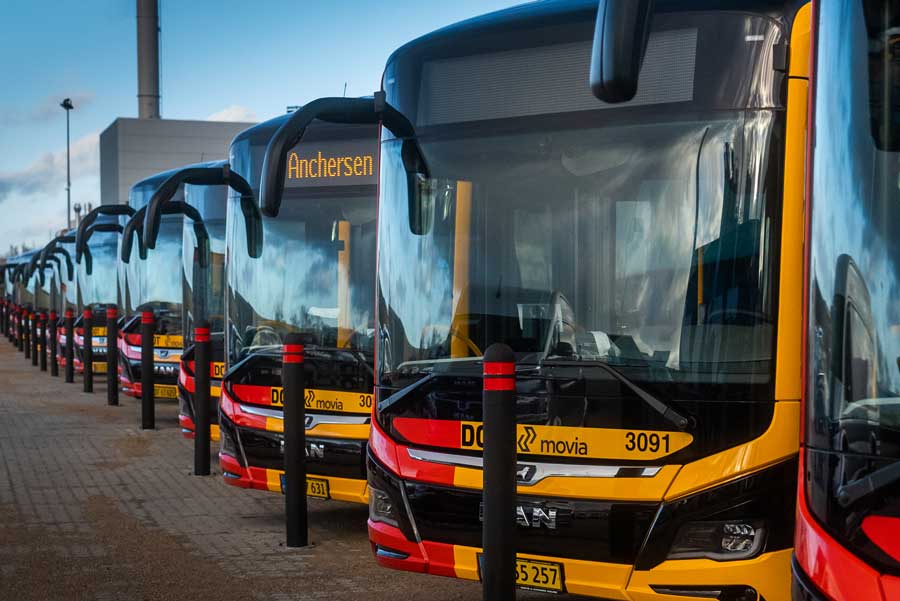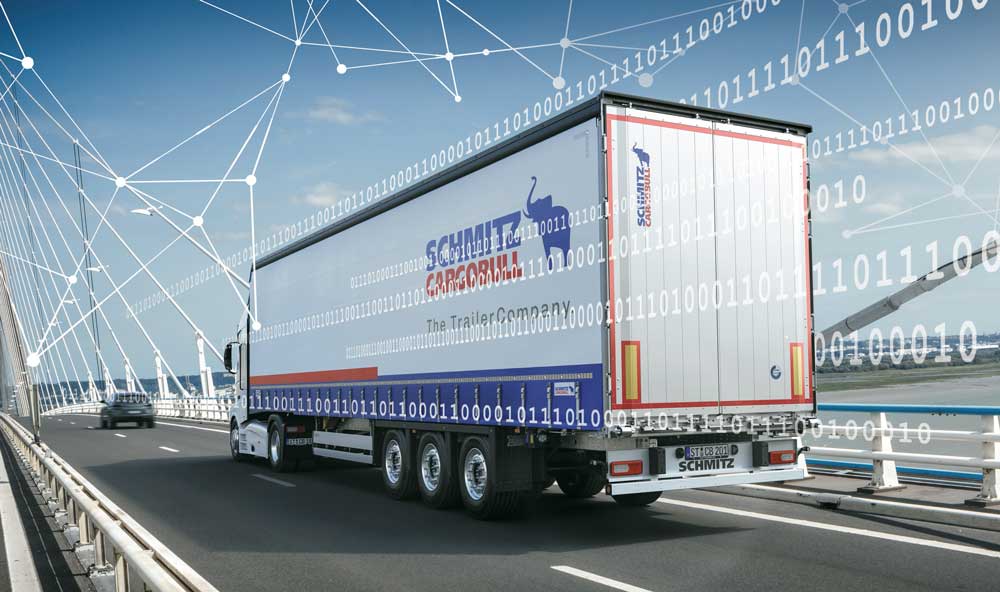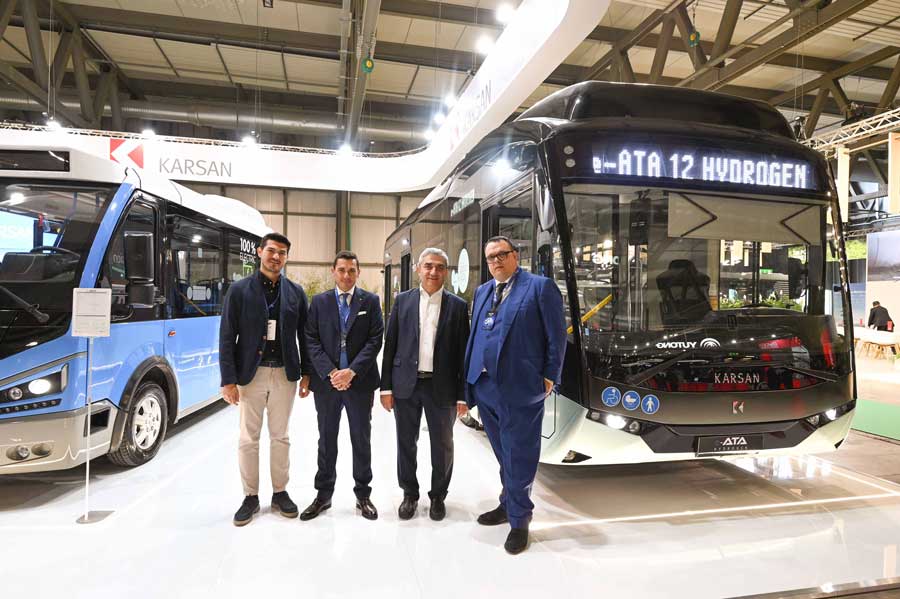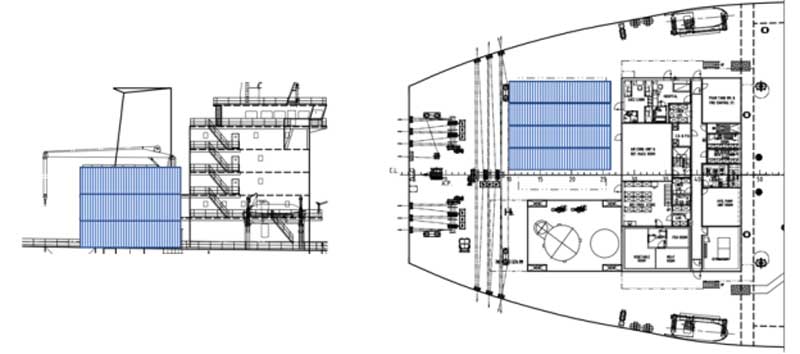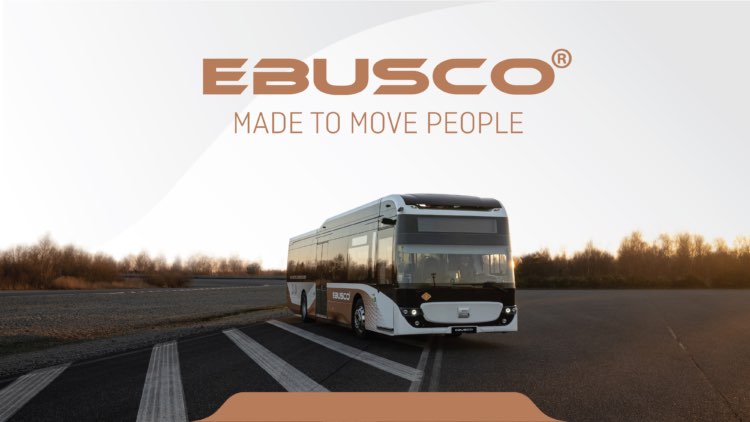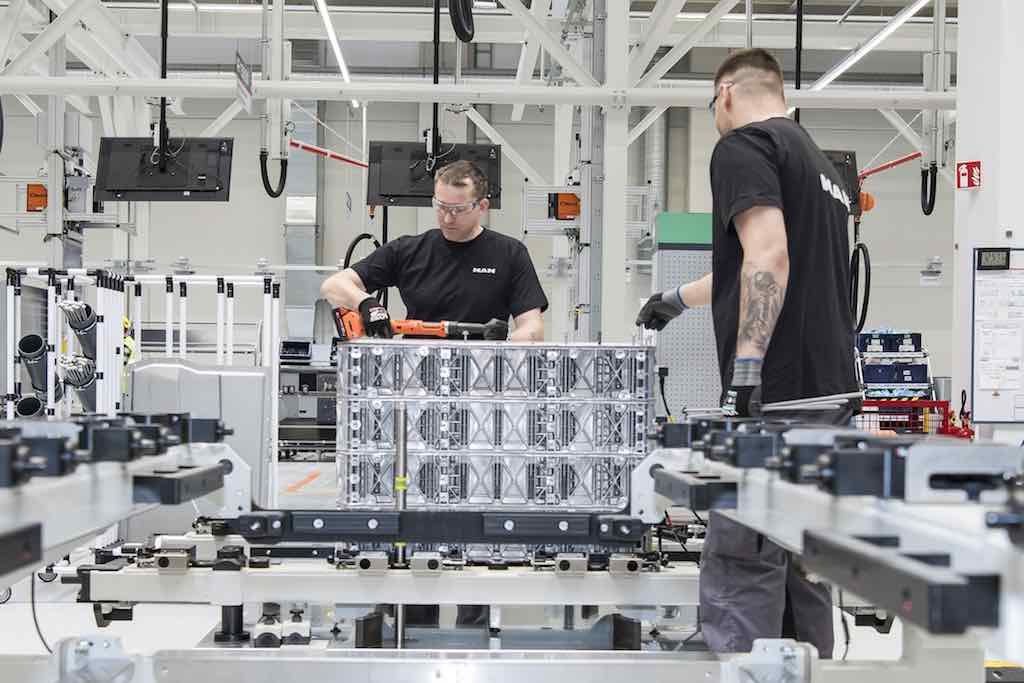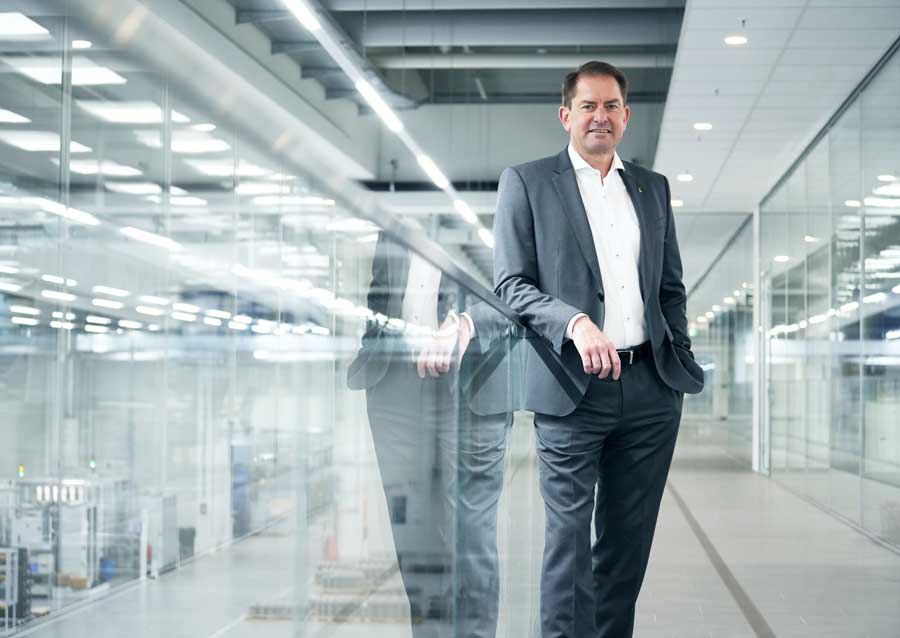Denmark, Norway and Sweden are taking a pioneering role in the electrification of freight and passenger transport. MAN Truck & Bus meets the exact requirements of these markets with its electric MAN Lion’s City E city bus, the all-electric MAN eTGE van and – from 2024 – also with the new MAN eTruck. The first purchase intentions for the battery-electric truck have al-ready been signed.
While some other European countries are still in the starting blocks, electric mobility has already fully arrived in Scandinavia. This is reflected in our order books: By the end of 2023, more than 370 electrically powered MAN city buses should be in operation here. Added to this are further orders that will be delivered in the following years. More than 130 electric MAN eTGE vans have also been in service with Scandinavian customers since 2019.
“Due to forward-looking political decisions, such as the introduction of a CO2-based toll in Denmark, and the openness to innovation of broad sections of the population, the Nordic countries are playing a model role in terms of e-mobility. We need this spirit throughout Europe so that the transport turnaround can succeed,” says Alexander Vlaskamp, Chairman of the Executive Board of MAN Truck & Bus SE.
Around 290 MAN e-vehicles, mainly vans and city buses, have been on Scandinavian roads since 2021 with zero local emissions. But MAN is also one of the pioneers in battery-electric trucks: The first eTruck registered in Denmark was an MAN eTGM, which is still in use today for the dairy company Arla. While the eTGM was still produced in small series, the new MAN eTruck comes straight off the production line. MAN will present it – alongside the “Bus of the Year 2023“, the all-electric Lion’s City E city bus – at one of Scandinavia’s largest commercial vehicle trade fairs: the “Transportmessen” in Herning, Denmark. Customers in Scandinavia will then receive the first eTrucks from the first production wave from 2024. Currently, the service lo-cations are being intensively prepared for the new drive technology. In Den-mark, Norway and Sweden, MAN Truck & Bus has a service network of 80 locations, 15 of which are its own operations.
The extensive production of renewable energy makes the countries of Scandinavia a blueprint for the whole of Europe when it comes to reducing CO2 emissions in the transport sector. Norway has almost 100% sustainable electricity generation, mainly from hydropower. In Denmark, around 74 % and in Sweden 63 % of the energy generated in 2022 was renewable from wind, water, biomass or by the sun.
Building on this, the state institutions of the Northern European countries recognised early on the potential of the changeover in drive technologies: away from the combustion of fossil fuels and towards the use of electricity as an energy source in vehicles. Today, more than 60 percent of new passenger car registrations are powered by zero-emission drive systems. The expected market share for battery-electric commercial vehicles is already around 20 % for 2025.
These goals are also being achieved with the help of vehement political control. Denmark, for example, is introducing a truck toll from 1 January 2025, with charges staggered according to CO2 emissions. In Norway and Sweden, the governments have enacted a ban on the sale of diesel trucks from 2030. In Denmark’s capital Copenhagen, only electric buses will roll through the city from 2025, and Norway’s capital Oslo wants to become the world’s first emission-free city from 2030.
Large companies and retail chains from the Scandinavian region have also started early to convert their delivery vehicles to battery-electric forms of propulsion. In most cases, the conversion is accompanied by an ambitious target for the reduction of transport-related CO2 emissions.


